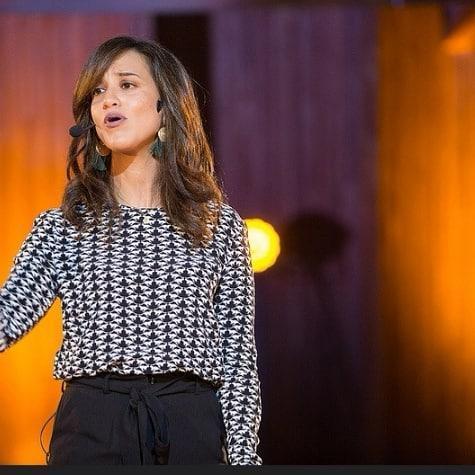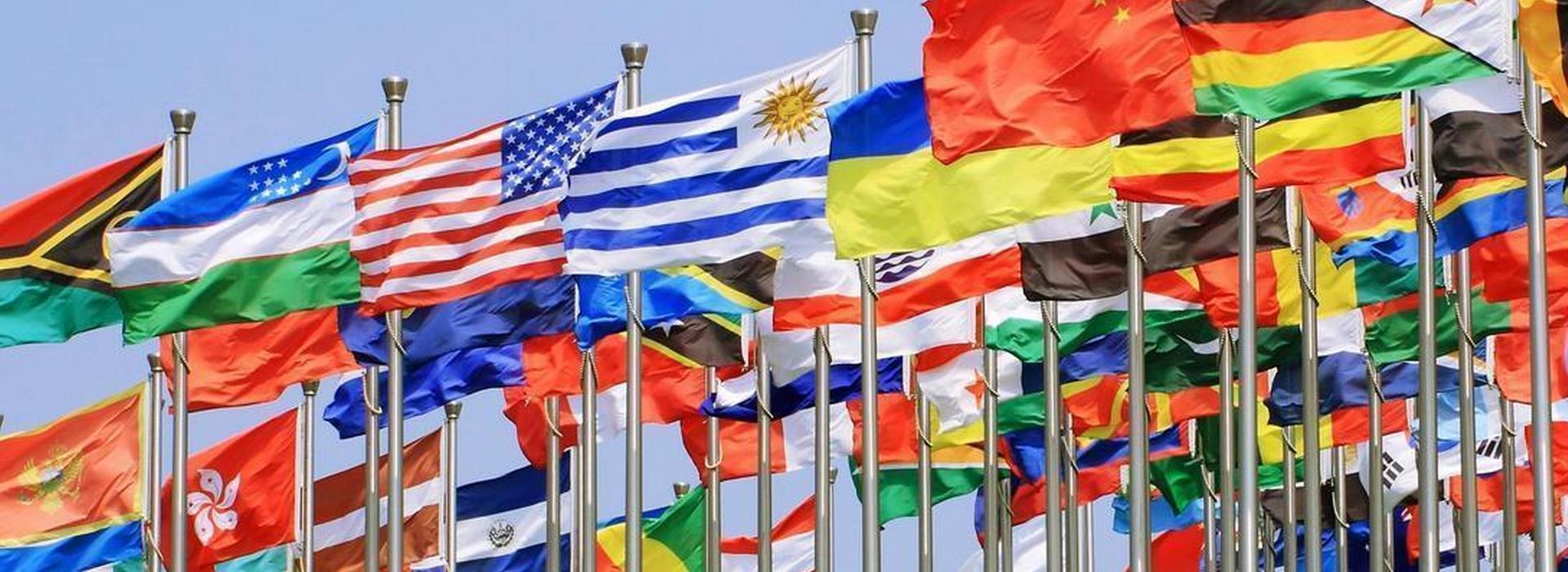
Interview with María Dolores Mino
Interview with María Dolores Mino, newly elected alternate judge of the Constitutional Court of the Republic of Ecuador, with Bjorn Arp, Assistant Director, International Curriculum Development, WCL on the institutional transformations taking place in Ecuador and her time at WCL.
Bjorn: Congratulations, María Dolores, for your election to alternate judge of the Constitutional Court of the Republic of Ecuador. Since the Constitutional Court does not exist in the United States, could you explain what is the role of the Constitutional Court in the Ecuadorian legal system?
María Dolores: The Constitutional Court is autonomous and independent of the country’s ordinary justice system, and is the highest order of administration, interpretation, and control of constitutional justice. In other words, it is the last and supreme interpreter of the Constitution. To illustrate, the work that the SCOTUS does in terms of interpreting the constitutional norms and the rights enshrined in it, is similar to that done by the Constitutional Court of Ecuador. For these reasons, we could say that it is the highest court in the country, because even some decisions of the National Court of Justice (the highest instance in the Ecuadorian justice system), could be subject to constitutional control by the Constitutional Court, if the procedural requirements for such an appeal are met.
Bjorn: In the summer of last year, the Popular Participation Council dissolved the Constitutional Court that was in session then. The Council did so in the context of a broader reform of the institutions in the country. Could you comment on the context in which these changes took place?
María Dolores: Ecuador spent ten years under an authoritarian government that was disrespectful of democratic institutions and human rights. After the end of the period of Rafael Correa, his colleague Lenin Moreno rose to the presidency, who during the first year of his administration separated from Correa, and eventually became estranged from him. In this context, it was evident that part of the political crisis that the country was experiencing was due to the control by the Correa government of the inspection institutions, and that urgent measures were needed to restore credibility to these institutions. In February 2018, a popular consultation was held, in which the Ecuadorians decided to cease the Popular Participation Council, the body in charge of designating, evaluating and removing supervisory authorities, and appointing an interim Council. This interim or transitory Council initiated evaluation processes of the highest supervisory authorities, and dismissed the members of several of them, for example the Council of the Judiciary, the Ombudsman, the Attorney General, among others. The judges of the Constitutional Court were also evaluated and it was evidenced that in addition to the notorious closeness of many of them to the correísmo (movement of followers of Rafael Correa), they had caused a serious procedural delay (14,000 accumulated cases), they had not observed international human rights standards to perform their work, and had indulged in several acts of corruption in the processing and resolution of certain matters brought before them. Given this, these judges were dismissed, and a selection process was initiated for the Constitutional Court, which culminated in January of this year with the election of the new judges.
Bjorn: Why was the Constitutional Court the last instance to be dissolved, among the highest institutions that were renewed?
María Dolores: Possibly because the importance of the Constitutional Court required a more detailed analysis of the reasons why they could be dismissed. There was controversy as to whether the Popular Participation Council could evaluate the Constitutional Court, nevertheless it was concluded that this was legally possible, taking into account the role that the Council plays in the election process.
Bjorn: What are the tasks that the titular judges and the substitutes of the new Constitutional Court have proposed, and what are the priorities?
María Dolores: First of all, to solve the serious problem of procedural delay generated by the dismissed Court, which in practice constitutes a violation of the principle of effective judicial protection. To do this, the judges have worked on a lottery system that is objective, and that prevents certain cases from being left behind or forgotten by mere political discretion. Then, there has been talk of the progressive construction of constitutional jurisprudence that really constitutes a source of law in Ecuador. As a country that belongs to the Civil Law family, until recently the importance of jurisprudential decisions as mechanisms to build law was not understood, but in recent years this has changed. The Constitutional Court is responsible for building clear jurisprudential lines, which observe the constitutional principles, the Constitution itself and especially, the international obligations of Ecuador in the field of Human Rights. Generating internal control mechanisms that prevent acts of corruption in the processing and resolution of cases, as occurred in the previous period, is also a priority. First of all, I believe that the objective of the new Constitutional Court is to restore the citizen confidence in that court, and be constituted as a true guarantor of the Constitution and the rights of all those under the jurisdiction of Ecuador.
Bjorn: How do you think your studies at the Washington College of Law (WCL) have helped to prepare you to perform your duties in the Constitutional Court?
María Dolores: WCL has been everything! In 2002, I finished law school in Ecuador. I have always had a strong vocation for the defense of human rights, but at that time in my career I did not find space for this, in matters such as civil law or contracts. I felt very lost. By chance, in those days I talked with Alejandro Ponce, who is also a WCL alum, and who was a professor at the San Francisco University in Quito, where I was studying. He suggested taking the intensive summer course at the Academy of Human Rights and International Humanitarian Law, and I clearly remember that from the first class I knew that I had found my vocation. I knew that being a human rights lawyer was what I wanted to do for the rest of my life, and at WCL I found the place where I would strengthen and give technique to that vocation. After that, I participated in the Inter-American Moot Court Competition, and came several times as a judge to the contest. In 2010, I started my LL.M. in International Legal Studies, and in 2011 I returned to Ecuador. In addition to the excellent curriculum in International Law and Human Rights offered by WCL, I believe it is the passion and dedication of its professors and its commitment to teaching and promoting human rights, which makes it educate and train defenders and lawyers committed to fight for these ideals. I think it is not just a question of knowing doctrine and jurisprudence in Human Rights that makes a good professional in the area, but also knowing how to defend and promote it with passion but also with objectivity. In WCL you learn all that. As a university teacher, I have recommended some of my students who are going to do their LL.M. in WCL, and I am very happy that more Ecuadorian lawyers can find here the place where they can strengthen their skills and train as lawyers and defenders committed to human rights.
Without everything I learned and lived in WCL, I certainly would not be the person and professional that I am now. I always thank life for having had the good fortune to educate me here, and I really look forward to someday returning to WCL, which I consider my home.
